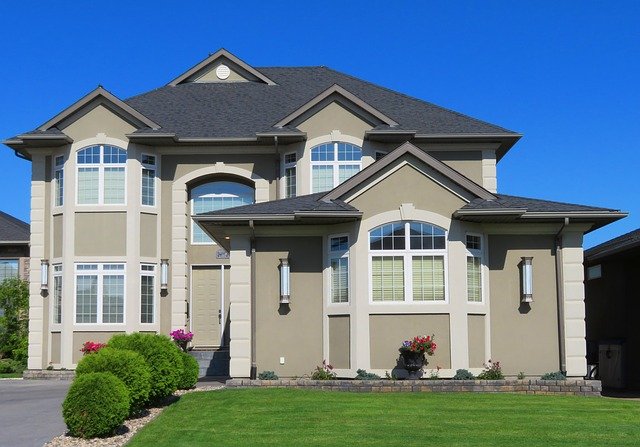Hardscaping Design Concepts

Have you heard of hardscaping? It's become an increasingly popular alternative to traditional landscaping. By definition, hardscaping refers to the use of non-living structures or elements in a landscape. Most landscapes have trees and plants. Hardscapes simply consist of non-living elements as well. To get started with hardscaping, consider the following design concepts.
Retaining Walls
You can take advantage of retaining walls for hardscaping. Retaining walls, of course, typically consist of stone or concrete bricks that are used to hold the soil behind it. A retaining wall will essentially create two different levels of soil. The soil behind the retaining wall be higher than that of the soil in front of the retaining wall.
Paver Sidewalks
Many homeowners use pavers to build sidewalks. Paver sidewalks are attractive, low maintenance and easy to relatively easy to build. They consist of a base layer of gravel, followed by a layer of sand and then the pavers. And like retaining walls, pavers are non-living elements, so they allow for hardscaping designs.
Raised Gardens
A raised garden is another hardscaping design concept. Raised gardens are flower beds that sit behind a low-height retaining wall. While conventional retaining walls can span up to 4 feet tall (sometimes even taller), those used for raised gardens are usually only about 1 to 3 feet tall. You can build a raised garden in front of your home. You just need to construct a retaining wall, after which you can fill the area behind it with additional soil.
Fountains
We can't talk about hardscaping design concepts without mentioning fountains. More and more homeowners are investing in outdoor fountains. An outdoor fountain will enhance your home's landscape with a unique visual element that's not offered by trees and plants alone.
Aside from their aesthetic benefits, there are other reasons to invest in an outdoor fountain. A fountain, for example, will attract birds and other wildlife. You'll be able to observe wildlife drinking from the fountain. At the same time, a fountain will drown out loud noises. You'll hear the sound of the water flowing from the fountain rather than other noises. Pebble-Filled Edges
If you're tired of constantly pulling up weeds around the edges of your driveway or sidewalk, you should consider using pebbles. Pebble-filled edges will naturally deter weeds. Just add a thin layer of pebbles or other small stones around the perimeter of your driveway or sidewalk.
This article was brought to you by Palmetto Coastal. For more articles, tips and news for your commercial landscaping and maintenance needs, please visit us at our website.
Recent Posts
- Whats the Best Way to Edge Flowerbeds?
- An Introduction to Gabions and How They Work in Landscapes
- What Is Bush Hogging? Here's What You Should Know
- 5 Best Practices for a Neighborhood Entrance
- 5 Things to Consider When Choosing a Commercial Landscaping Company
- Are you overwatering your landscape? Here are signs to look for.
- The Dos and Don'ts of Pruning Shrubs
- An Introduction to Ground Covers in a Commercial Landscape
- Cool Season vs Warm Season Grasses: What's the Difference?
- Real vs Artificial Turf Grass Which Is Best for Your Commercial Landscape

